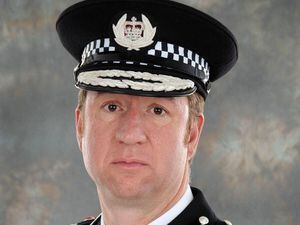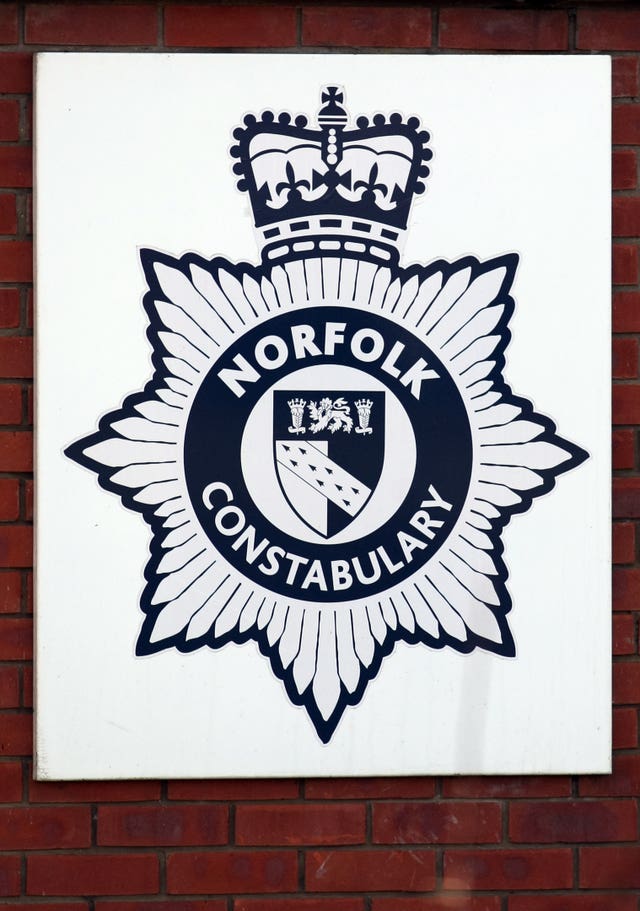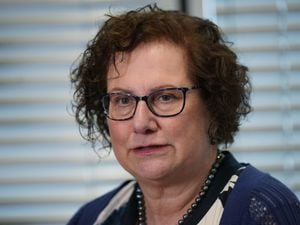Police force will be first in the country to get rid of all its PCSOs
Norfolk Police’s chief constable has told of the ‘significant challenge’ of restructuring the force.

The chief constable of the first police force in the country to axe all its community support officers amid falling budgets has said restructuring has been a “significant challenge”.
Norfolk Police will have no PCSOs from March 31 onwards, and is also closing seven front counter services.
The force said changes were set against a backdrop of unprecedented increases in complex crimes and a need to find £10m of savings by 2020.
Simon Bailey, the force’s chief constable, said the removal of 150 PCSO roles had allowed an increase in police officer numbers with an additional 97 positions “supporting frontline policing”.
He added that new initiatives had been launched in a bid to work more effectively, including one that allows retailers to email in CCTV of alleged crimes and provide statements over the phone.
“This has been a significant challenge for the force and has driven us to look at policing differently,” he said. “However, I cannot overlook the fact that as a result of the changes long-serving colleagues have left the organisation.

“I am also pleased to say that out of the 176 people put at risk of redundancy nearly 80 have been redeployed in the force with 30 now becoming police constables.”
New initiatives introduced under plans include Operation Solve, which aims to use technology to speed up investigations into retail crime.
It is in its second week of operation, and the force said it had already detected a series of high value alcohol thefts across the county and secured a charge against a woman accused of committing a series of fuel thefts at garages.
“This isn’t ground-breaking technology,” said Mr Bailey. “But it is making full use of simple tools like email.
“It is far quicker for retailers to email their CCTV and provide statements over the telephone, than it is for officers to visit the premises, particularly when we might arrive at the wrong moment or need to attend more than once.
“The early results are encouraging.”
Other initiatives include one aiming to prevent and deter criminals using the road networks, and another aimed at tackling uninsured drivers.
Mr Bailey said there would also be investment in detective resources and facilities to improve the way in which complex crimes are investigated, with two new investigation hubs to be built.
He said the removal of PCSOs meant the public’s interaction with police would be different, but officers would continue to work with communities.
“We may have altered our interaction but our commitment remains the same, evidenced by the latest crime survey of England and Wales which sees Norfolk ranked fourth in the country for overall confidence,” he said.
He noted that “restructures of this scale take time to bed in” and that there was “still much to do”.
He added he was “extremely proud of the outstanding work” the outgoing PCSOs had achieved over the years.





